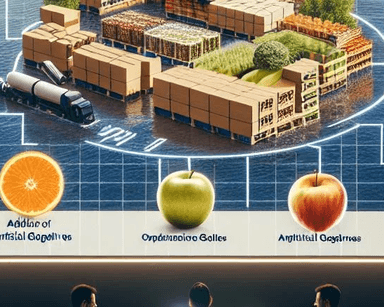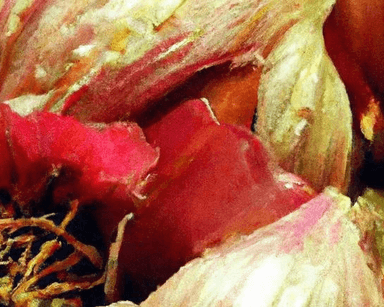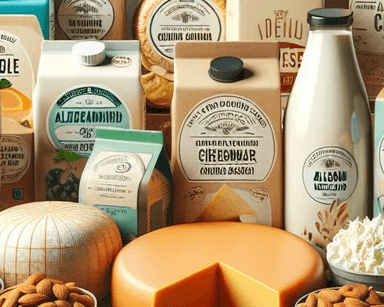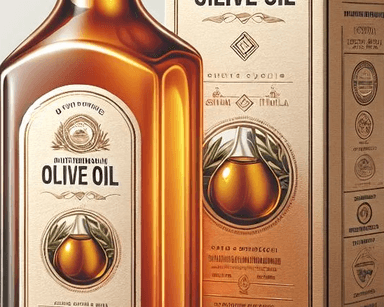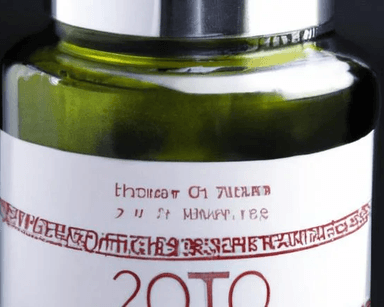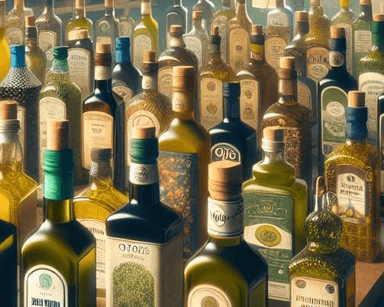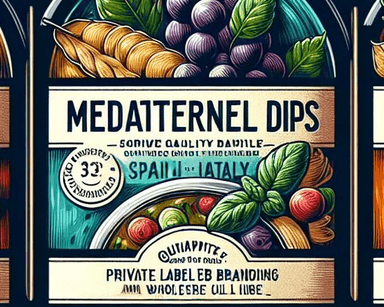The 9 Best Low Sugar Manufacturers in the World
Looking for Low Sugar manufacturers for your procurement needs? Whether you’re sourcing private label, bulk, or wholesale products, we connect you with verified suppliers specializing in premium Low Sugar solutions. Our Low Sugar suppliers offer a range of options, including natural, organic, and reduced-sugar formulations, all compliant with industry certifications such as ISO, HACCP, and FDA. From low sugar sweeteners to beverages, snacks, and baked goods, discover products that meet specific dietary and regulatory standards, ensuring quality and transparency. Adaptable to contract manufacturing and sourcing requirements, these products cater to B2B buyers seeking tailored or private label solutions. Streamline your supply chain with trusted partners capable of delivering high-quality, customizable Low Sugar offerings at scale. Start your sourcing journey with confidence—explore our Low Sugar suppliers and find the perfect manufacturers to meet your business goals today!
Start sourcing now
Discover verified Low Sugar Suppliers



